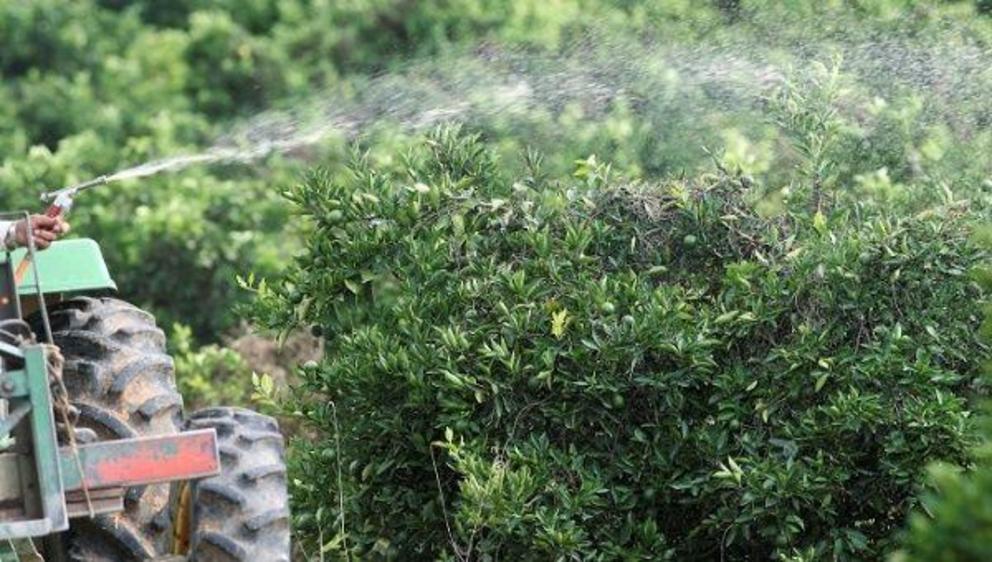Fake news: how Monsanto 'ghostwrites' scientific papers
"This was just a deeply flawed story and a really good example of fake news, of orchestrated fake news," says journalist Carey Gillam.
INTRO...
RELATED:
Monsanto Ordered To Pay Cancer Patient US$289M In Roundup Trial
"We know that there are papers out there in the published literature that our regulators around the world have relied upon as being independent and authentic, and we know that Monsanto has ghostwritten them," said journalist Carey Gillam, who covered the agrochemical giant since the 1990s for Reuters.
In an interview with Democracy Now, Gillam spoke about Monsanto's marketing strategies and how they influence public opinion by 'ghostwriting' papers for peer-reviewed scientific journals and trying to obstruct independent investigations.
On August 10, a court in California ordered Monsanto to pay US$289 million in damages to Dewayne Johnson, a school groundkeeper who alleged Monsanto's glyphosate-based weed-killers, including Roundup, caused his cancer. Monsanto presented evidence to counter the narrative, bringing in its own sponsored scientists in support.
Use of Monsanto's star weed-killer has skyrocketed to about 300 million pounds a year in the United States and two billion worldwide since the 1990s. Its success, says Gillam, is partly due to the company's development of genetically modified seeds resistant to glyphosate, encouraging greater use of Roundup, along with ideological marketing aimed at convincing users of its safety.
"The main selling point has been that it is so very safe, so much safer than any other herbicide out there, safe enough to convince our regulators to allow ever-increasingly higher levels of this pesticide in our food," says Gillam. "Evidence shows us it is very routinely found in our water, in our food, in our soil, in our air. U.S. scientists have even documented it coming down as rainfall."
But the increasing presence of the weed-killer in our environment and food has also attracted independent research, showing that glyphosate is not as safe as the company claims. That's the narative that Monsanto is trying to counter with its own papers and public relations' strategies.
Gillam spoke about a story published by Reuters under the title 'Cancer agency left in the dark over glyphosate evidence' in 2017 and written by Kate Kelland. The point of the article was to counter the International Agency for Research on Cancer, a World Health Organization agency, which declared that glyphosate was "probably carcinogenic."
In the story, the writer says Reuters secured access to "previously unreported court documents from an ongoing U.S. legal case against Monsanto," which would "make it less likely that glyphosate would meet the agency's critera for being classed as 'probably carcinogenic'" if they weren't intentionally hidden by Aaron Blair, who led the IARC investigation.
Gillam said: "How this came down was this was information that Monsanto and/or its allies and coworkers... fed to Kate Kelland through the Science Media Centre. They tried to feed it to other journalists as well; other journalists turned it down."
Monsanto gave the document to Kelland only after putting its own spin on it. The journalist then quoted 'independent' scientists known to be associated with the agrochemical industry. The story was published, picked up by international media and later used by lawmakers. It was a success for Monsanto.
But the document was never filed and was never made publicly available in court. Kelland also failed to link to it, denying readers access to the original source.
While Monsanto has long been accused of 'ghostwriting,' the case of Dewayne Johnson could signal a change in fortunes for the agrochemical company, now part of pharmaceutical giant Bayer, as scientific evidence of the theat posed by glyphosate continues to accumulate.

